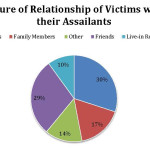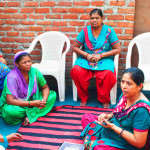While we would like to think that the Constitution of India is the supreme law, our educational institutions would rather prefer being guided by the Grimms’ Fairy Tales to model their policy regarding their female students. The imposition of Cinderellaesque curfews on women students in hostels is against their constitutionally guaranteed fundamental right to equality and freedom of movement. The Pinjra Tod campaign, a collective of Delhi students and college alumni are raising their voice against discriminatory practices for women hostel students.
Pinjra Tod is urging young women to free themselves of unfairly imposed restrictions on their freedom. Here are excerpts of an interview, the Centre for Social Research conducted with one of its members:
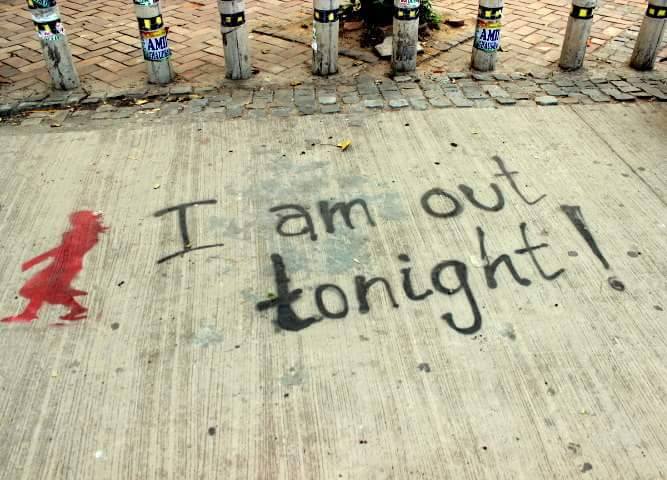

Tell us about your campaign
The Pinjra Tod campaign started about a month back, when around 12 of us got together after the Delhi Commission for Women issued a notice to Jamia Milia Islamia for practicing gender discrimination. We wanted to raise our voice against sexist practices and regulations in various universities across the country. We know that discriminatory/sexist/castiest practices such as curfews on female students are not limited only to Jamia Milia Islamia University.
The larger issue for us, was the restrictions imposed on the access and mobility of women students by measures such as ‘deadlines’ and ‘curfews’, which exist for women’s hostels across universities in Delhi, and largely do not exist for men’s hostels at all.
How did you come up with the name Pinjra Tod?
We gave the campaign, the name Pinjra Tod while thinking of high walls and gates as the barrier to women’s freedom to movement. But as the campaign unfolded, ‘pinjra’ took on different connotations. Everyone who got associated with the campaign, identified with the ‘pinjra’, in their own way. We realized that ‘pinjras’ can be based on caste, class, region, language et al. So the whole idea is to break out of all these different barriers which restrict people’s freedoms and rights.
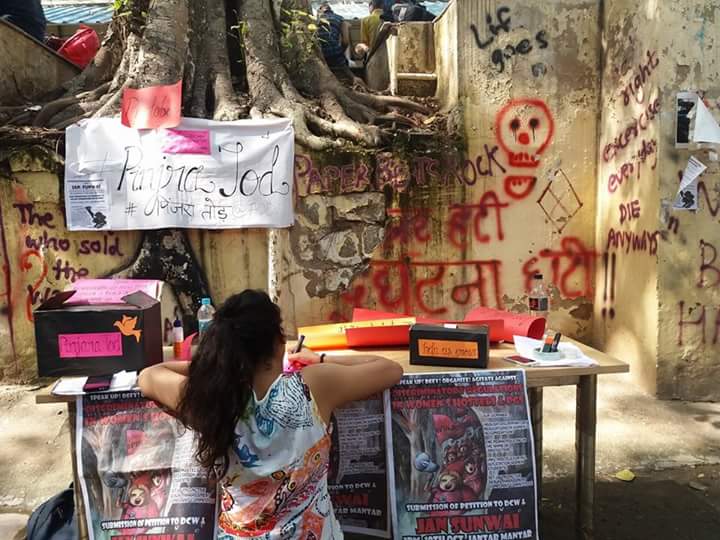

What is the vision of Pinjra Tod?
We really do feel that a safe city cannot be built by caging hundreds of young women in hostels, moral policing or surveillance. A safer city is only possible when women, especially young women who are willing to challenge patriarchal norms and regulations, are able to roam around, inhabit and negotiate the city and its public spaces on their own terms.And what about women’s safety? How should the government ensure women’s safety?
Surveillance and moral policing is not the answer to women’s safety. Women’s safety comes from things like better public transport, well lit streets, better toilet facilities, more hostels for women students, Internal Complaints Committees to redress complaints of sexual harassment et al. The components of making women safe are contingent upon women’s access to public spaces. Giving women better infrastructure helps create enabling conditions for women to access public spaces. So instead of telling girls and women that they are inferior and the public space is only for men, they should be encouraging women to be more confident.
See, women are constantly told they are unsafe. But sexual harassment of women often happens by people they know. So instead of telling women they are weak and denying them their opportunities, the government should help in building their capacities and make them autonomous.
The Saksham Committee report set up by the UGC to “Review the Measures for Ensuring Safety of Women on Campuses and Programmes for Gender Sensitization”, suggests that making women strong, independent and autonomous members of the society is the right way to ensure their safety.
More women in the public space, changes the character of that space. By locking them up, you are saying that those spaces do not belong to them.
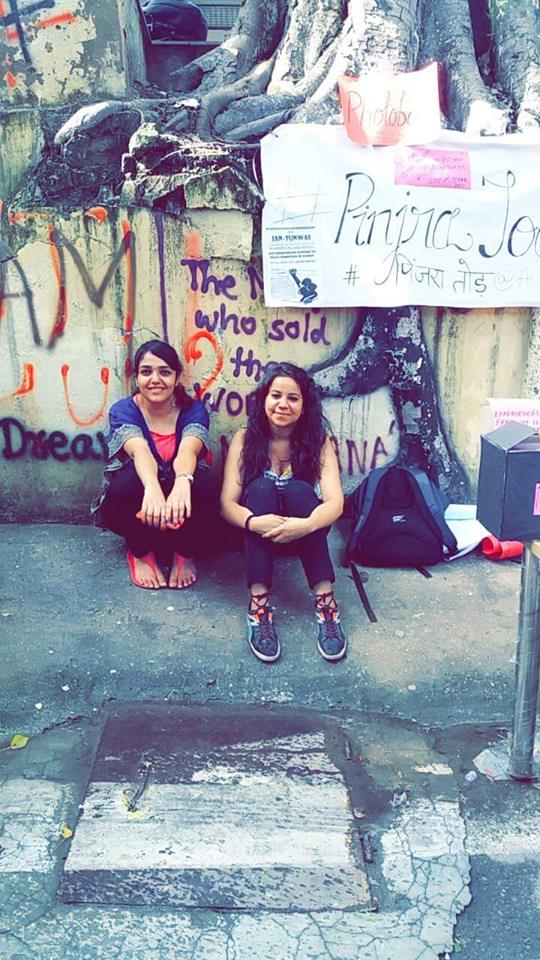

The Prime Minister of India, Narendra Modi recently said, “Women should not be shut behind doors”, during his Q and A at a Townhall event recently. What is your take?
Well, it is not just about women coming out, it is about the terms of their participation and the nature of the space they are entering. It is about whether they are being able to access the campus or the workspace on equal terms. What can be the nature of women’s participation if the political space is violent and undemocratic? Can women truly participate? It’s important that women get equal wages, social security and equal freedom to access public spaces. It is important that women get equal opportunities for jobs, promotions and education.
Donation for Centre for Social Research to Join our effort in rehabilitating Domestic Violence
Discuss this article on Facebook



